It’s a great feeling to support good causes – and, if you’re lucky, walk away with a prize. Let’s use the excuse to marvel at some lesser-known vintage design and queue up some Moog videos. Hey, there are no new shows right now, so here’s our kind of “M”TV.
The Moog Rogue (1981), Moog Prodigy (1981 version here), and Moog Source (1981) are the lesser-known instruments in the Moog back catalog, but they were still produced by Moog Music Inc. in Buffalo. These were the instruments the company made to be more accessible, and while they’ve never gotten the amount of love as the (rightfully iconic) names like the Minimoog, they’re cute, unique, and oddly feel more in touch with today’s synth tastes than they even did when they came out.
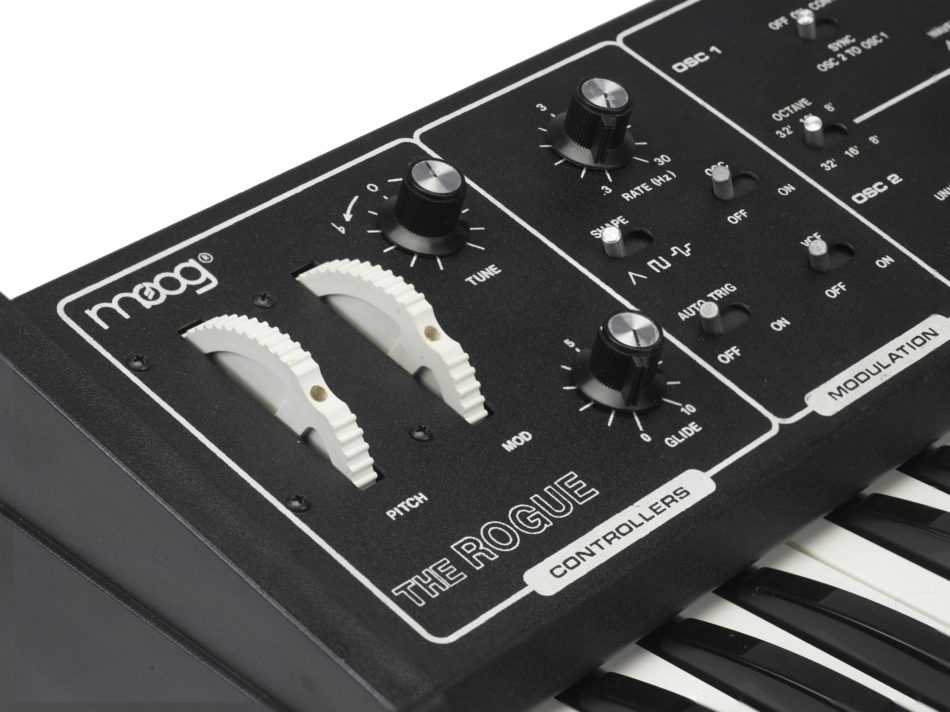
The Source was the first to add patch memory storage – and I love that panel, even if membrane keyboards are not really a thing any more. Plus it’s got an arp/sequencer and white noise generator. The Prodigy was a clever little powerhouse with CV-controllable filter, plus easy pitch and filter modulation. The Rogue is probably the more derided of the trio, in that it’s associated with the cheap Concertmate MG-1 for Realistic (yes, like Radio Shack), and eclipsed by the ARP Odyssey, but you can make detuned octaves with it, it’s small and cheery, and it’s got a unique sound and also has deep modulation, like its siblings. Now, please don’t clone these synths, but – there are great ideas here to build on.
These are also some gorgeous restoration jobs, bringing them into a condition that makes them look practically new. Plus there’s an MST MIDI to CV converter on the Prodigy here so you get both analog and digital control.
There are tons of details on the Moog Foundation blog:
The important thing is, this all goes to really great causes – at a time when that support is urgently needed. Dr. Bob’s SoundSchool, the Bob Moog Foundation Archives, and the Moogseum all serve vital efforts in preservation, history, research, and education. That work will be really important to engaging kids discovering music, too, I think, in this time of virus-imposed distance learning and disrupted schooling. Nothing quite gets you on track expressing yourself and learning math and physics and electronics like a synth. (I mean that. Oh, I am preaching to the choir here.)
Anyway, tickets start at $25, with bigger packs for those of you who are a bit more blessed.
Even if you’ve got no cash, though, let’s all marvel at the unique designs here; there are even some ideas to borrow as inspiration for a modern synth or software patch, I think (aesthetically, if nothing else).
Check these close-up shots. To me, these are really underrated, attractive instruments – an interesting blend between crisp, consumer-friendly 80s contemporary and the Moog tradition.
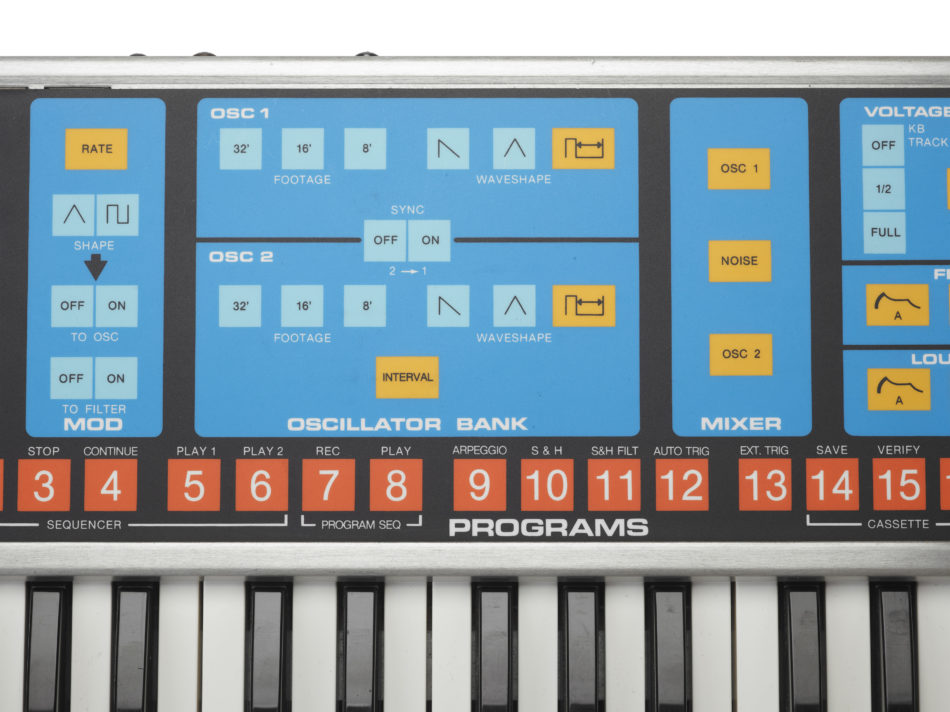
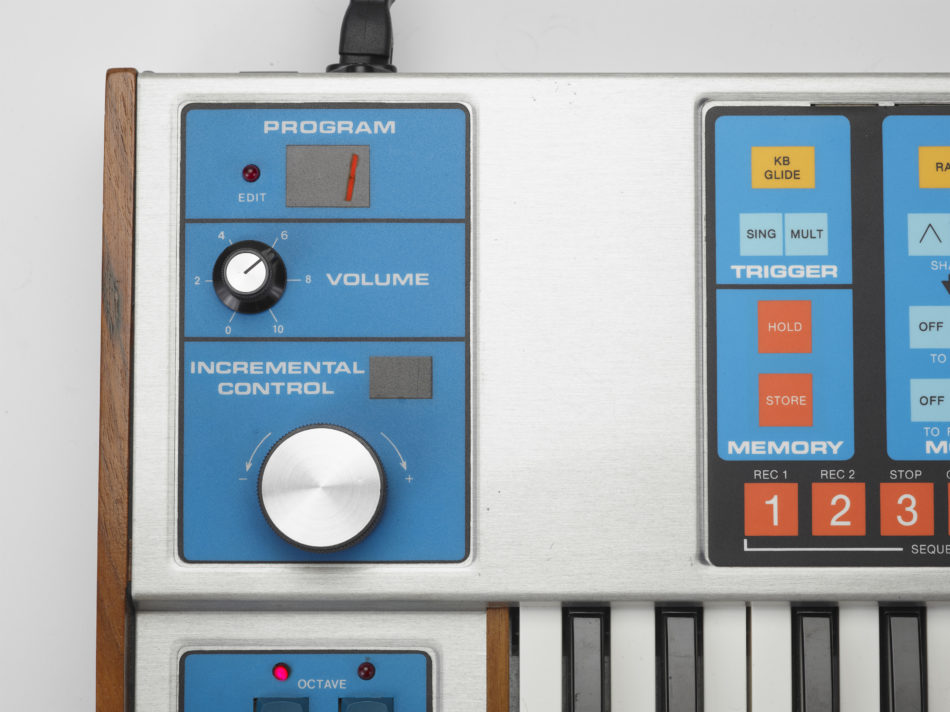
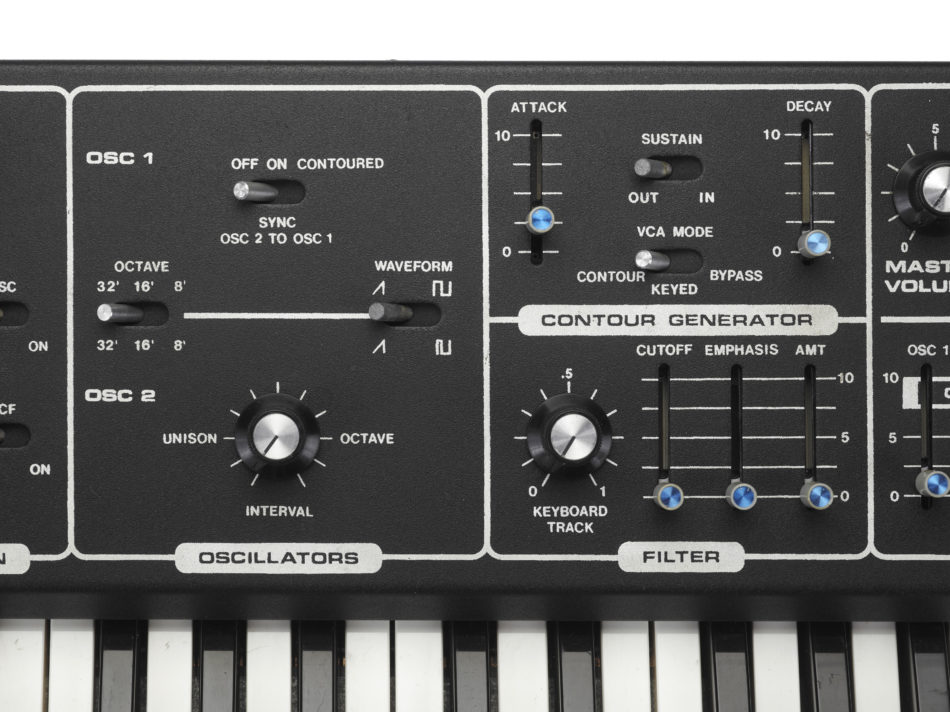
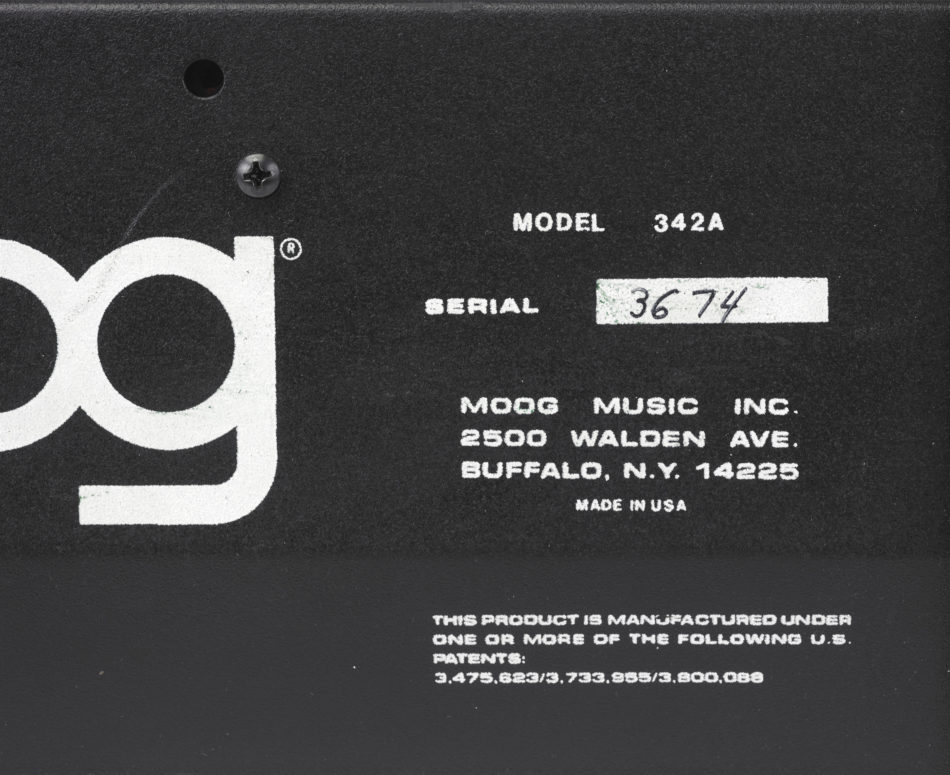
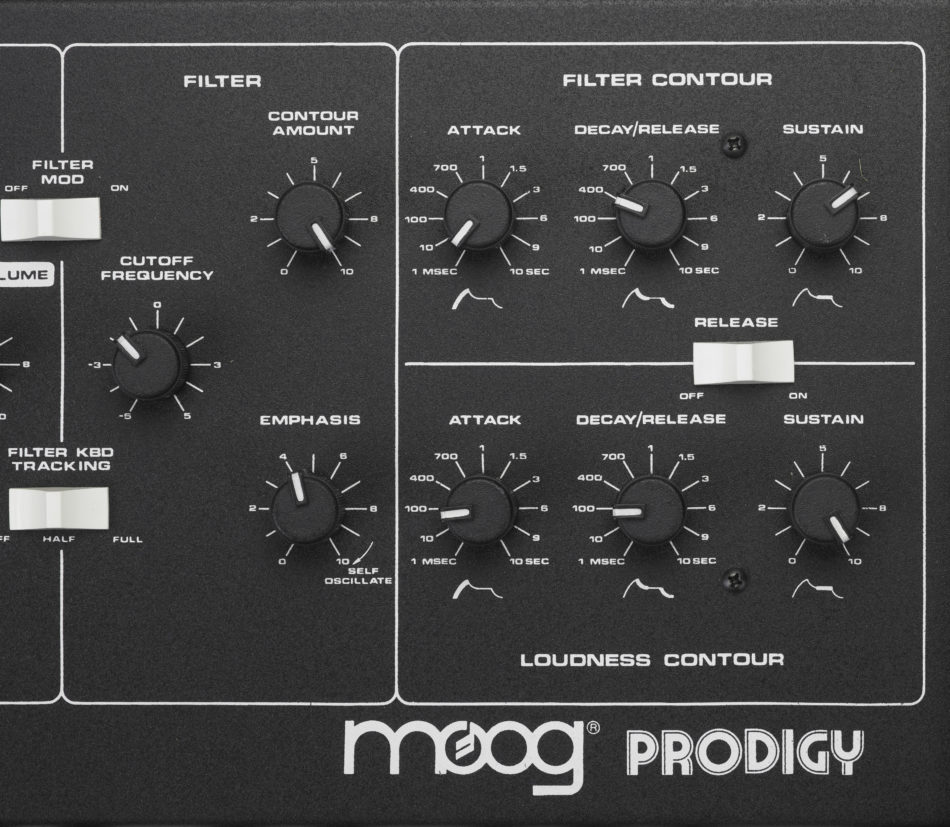
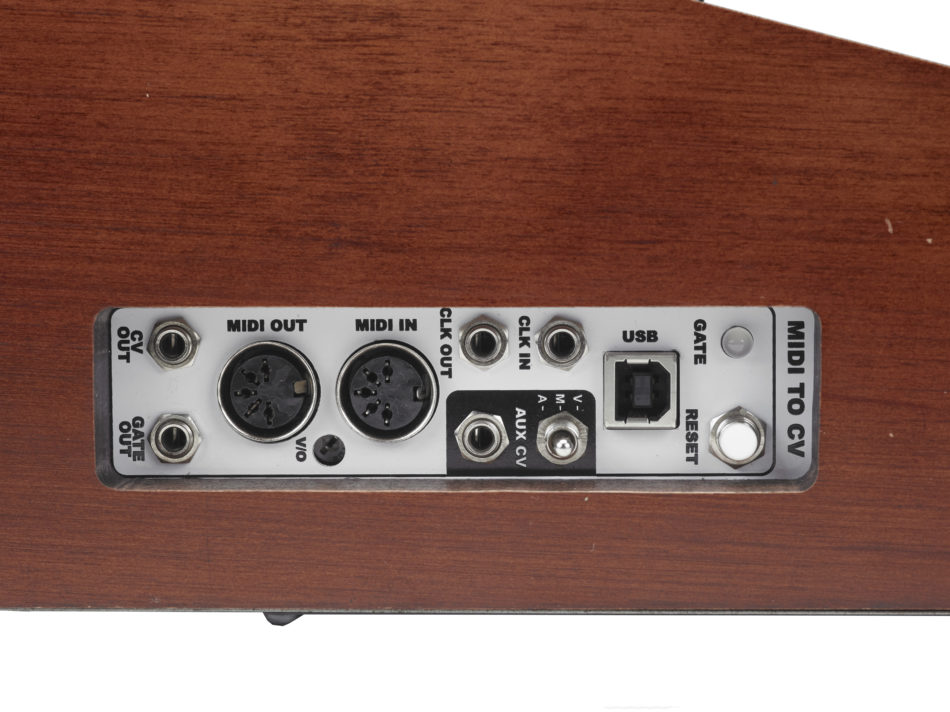
They’ve also put together some great little demo gigs especially for the raffle, courtesy Mary Frances / Mama Funk.
And for more Moog history, here’s Moog Foundation’s own Michelle Moog-Koussa who is leading all these efforts, talking about her father. Thanks Michelle and everyone in Asheville (and in the Moog-playing community around the world)!